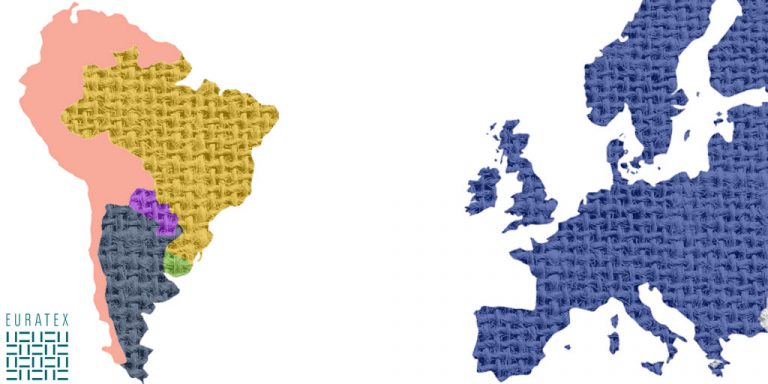European Union ambassadors have expressed skepticism over the likelihood of the EU striking a free trade agreement with the South American trade bloc, Mercosur.
Despite ongoing official optimism, the consensus among diplomats suggests a waning possibility of concluding the negotiations within 2023.
European Commission President, Ursula von der Leyen, held a meeting with Brazilian President Luiz Inácio Lula da Silva, expressing her hopes to seal the deal by year-end.
However, post-meeting, Lula voiced criticisms regarding the EU’s fresh demands, a move that ruffled European counterparts, signifying a shift from the previously established rapport.

Under Lula’s leadership, EU diplomats perceive that Brazil has missed the opportunity to be assertive and leverage its negotiation position.
They believe Brazil could have brought more demands to the table, which would likely have been accommodated.
The proposed trade agreement allows companies from both blocs to participate in public tenders on par with local enterprises.
However, Lula fears this provision would undercut Brazilian industries by opening domestic markets to intense foreign competition.
Lula’s administration has increasingly emphasized protective measures for Brazilian industry, including high import tariffs.
Brazil’s reluctance to allow European firms access to government procurement is more pronounced than other Mercosur members, even those with leftist governments such as Argentina.
Lula argues that succumbing to these demands would jeopardize Brazil’s medium-sized enterprises, a significant part of the public sector supply chain.
In addition to negotiation hurdles, Brazil, under Lula, has experienced a decline in soft power since January due to controversial stances on environmental issues and the Ukraine conflict.
Media analyses have affirmed this.
Recently, the French National Assembly passed a resolution against the agreement. While the resolution lacks the power to halt the signing of the deal, it mandates the French government to oppose the agreement formally.
Once the agreement is signed, it will require ratification by each nation’s legislature, a potentially time-consuming process.
The French National Assembly’s decision foreshadows the uphill battle for ratification.
If the Mercosur-EU agreement fails to materialize within the year, it could significantly blow Lula’s administration.
Delayed further, it might not be finalized within his current term. Despite the pre-agreement signed under Bolsonaro’s regime in 2019, the subsequent pandemic stalled negotiations.
While not directly involved in negotiations, EU ambassadors in Brasilia share their observations with their respective governments.
Their increasingly negative perception could dissuade efforts to bolster political, economic, and cultural ties with Brazil.
With information from Poder360

